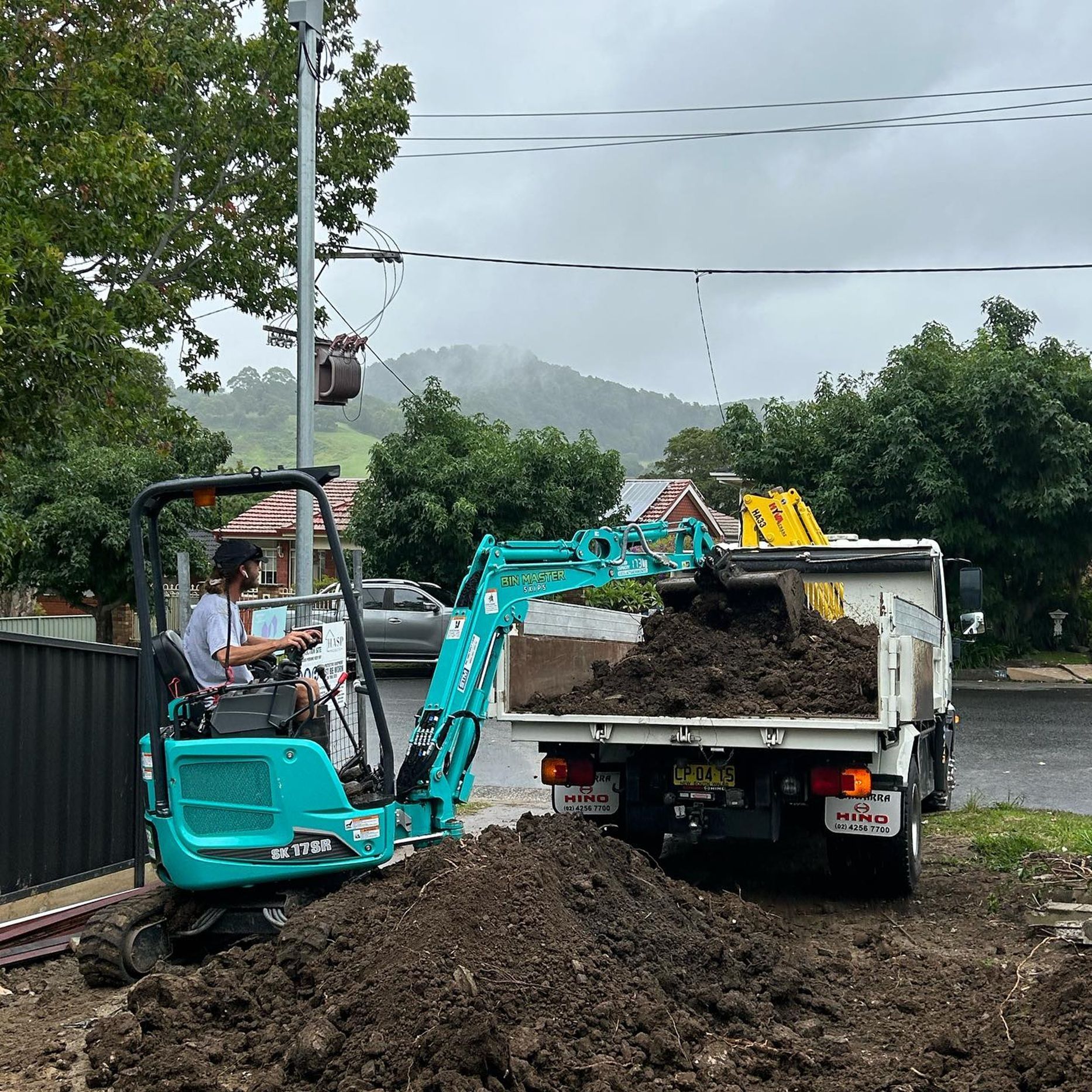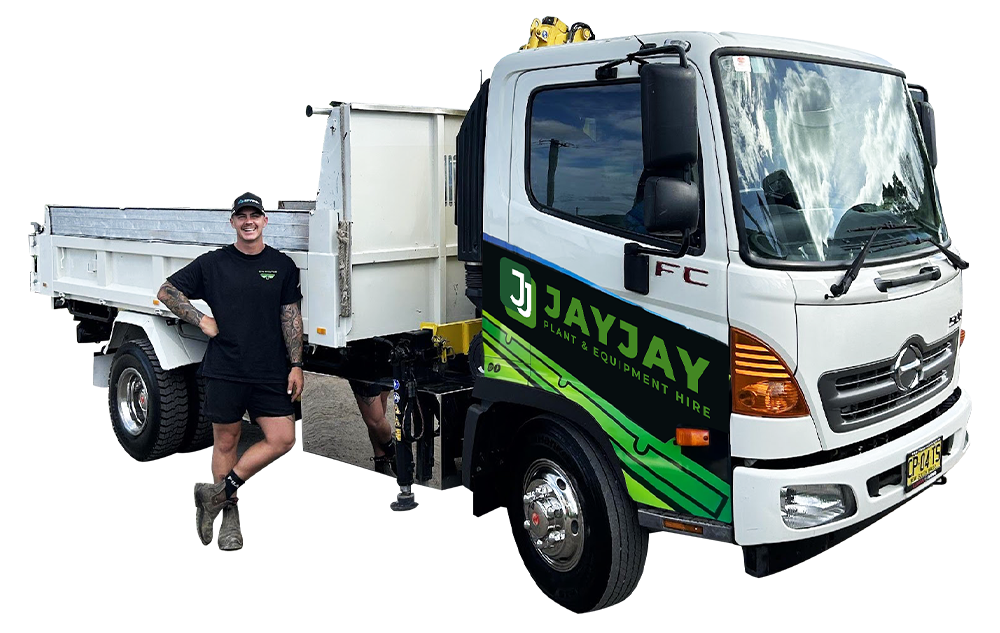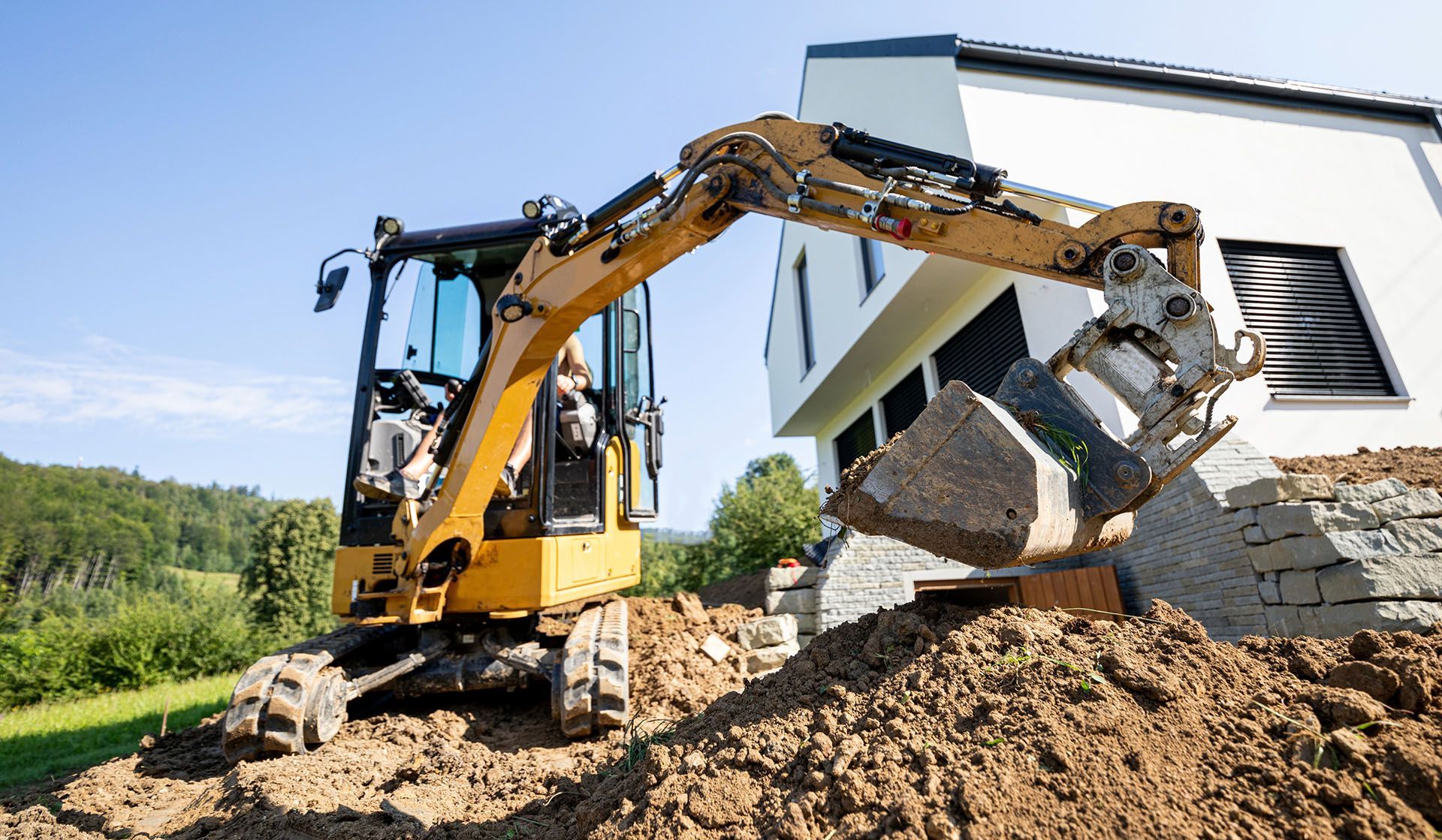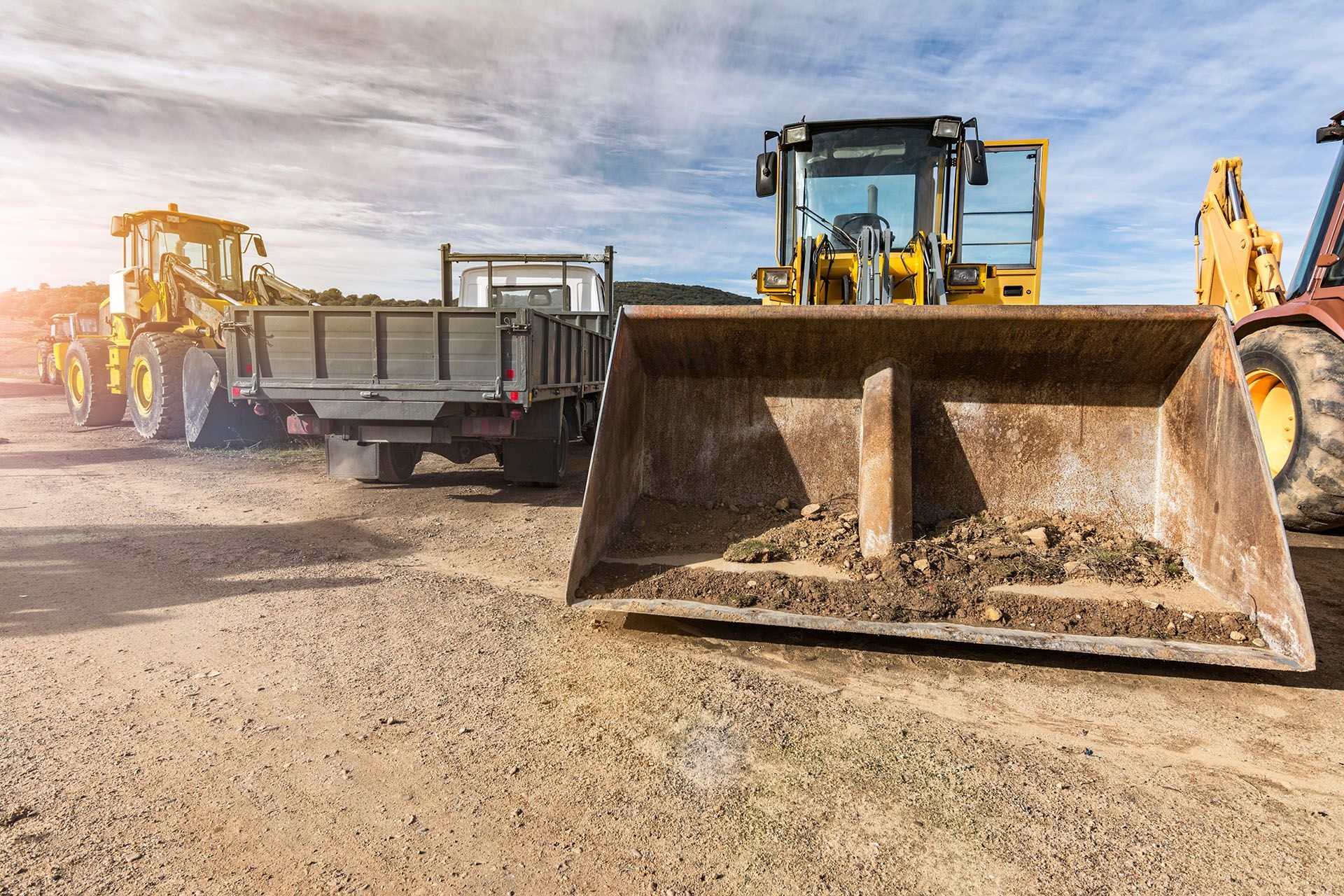30 Terry Street, Albion Park, NSW, 2527
Do I Need a License to Operate a Mini Excavator
Looking to make light work of heavy tasks like excavation and landscaping? A mini excavator might be just what you need. But before you reach out to your local mini excavator hire company and jump into the driver’s seat of one of these compact diggers, you first ned to understand the requirements and best practices.
In Australia, rules around licences, training, and equipment transport can vary, and both homeowners and professional contractors should be well-informed.
This guide covers everything you need to know about operating a mini excavator in Australia. We'll explain whether you need a licence to operate an excavator, the competency and training expectations, the rules for DIY use on private property, state-by-state variations in licensing, and any exceptions for high-risk work. If you're looking to understand the full scope of requirements, this guide has you covered.
Licence Requirements for Mini Excavator Operators in Australia
No Specialised Licence Generally Required
In Australia, you typically do not need a dedicated licence or earthmoving or particular crane (EPC) certificate to operate a mini excavator for standard work or typical excavation jobs. Since the introduction of the national Work Health and Safety (WHS) Act in 2011, formal operating licences (previously called certificates for equipment like excavators) are no longer mandatory for everyday excavation tasks
In fact, you don’t need a special licence to hire and operate an excavator from a machine supplier, which makes these machines accessible to everyone from DIY enthusiasts to tradies. This applies across most states and territories, from Sydney to Melbourne, Brisbane to Wollongong, as all have largely adopted the harmonised WHS regulations removing the old excavator operator ticket system.
Competency & Training Expectations
No licence doesn’t mean “no skill required.” While a specific licence isn’t needed, you do need to be competent in operating the machinery. Workplace safety laws place responsibility on the employer or site manager (called the PCBU – Person Conducting a Business or Undertaking) to make sure excavator operators are trained and capable of using the equipment safely.
In practice, if you’re working on a construction site, you’ll be expected to show proof of training or experience – for example, a statement of attainment from a training course or a competency certificate.
Major construction projects and companies in cities like Sydney or Melbourne often prefer operators who have completed formal training or “excavator ticket” courses, even though it’s not a legal licence requirement.
And if you’re completely new to excavators, it’s recommended to undertake at least basic training through a registered training organisation (many TAFEs and industry training centers offer courses on earthmoving machinery and civil construction excavator operations). If formal training isn’t possible, informal training or supervised on-the-job experience can also be beneficial, provided you gain the necessary skills and knowledge. This not only teaches you how to operate an excavator properly, but also covers safety protocols and maintenance.
DIY Use on Private Property
What if you’re a homeowner renting a mini excavator for a weekend project? The good news is that for non-commercial use on private property, no formal certification or licence is required at all. You can rent a mini excavator as a private individual without any special qualifications. Reputable mini excavator hire companies will typically give you a briefing on the machine’s operational usage instructions and basic safety before you take it away.
For example, a
local Wollongong equipment hire service will ensure you understand general operational use and safety features before you operate the excavator on your own property. Because there’s no licencing barrier,
mini excavator hire is very popular among DIYers tackling jobs like digging footings, trenching for utilities, or landscaping.

State-By-State Variations
The rules for operator licensing are essentially uniform across Australia due to the harmonised WHS laws. All states have removed the old requirement for an “LE” (excavator) licence class. However, there can be slight differences in other regulations. For instance, each state’s WorkSafe authority may have specific guidelines on training and equipment operation, so it’s wise to check with Safe Work Australia or your state’s safety regulator for any local requirements
One important variation is in contractor licensing: in New South Wales, if you are contracting to do “excavation work” as part of a residential building project valued over $5,000, you are required to hold a contractor licence for that trade. This is not a licence to operate the excavator itself, but rather a business licence to legally offer excavation services.
Other states have similar home building or trade licensing for larger jobs. This mainly concerns professional contractors – casual users don’t need to worry about it when simply operating the machine.
Exceptions: High Risk Work
While a mini excavator itself doesn’t need a licence to operate, be aware of certain high-risk activities that do require special licences or certifications. If the work involves demolition or removing asbestos, for example, additional high-risk work licences are mandated.
Asbestos removal is a highly regulated and dangerous task. It involves strict safety protocols due to the severe health risks posed by asbestos exposure, including life-threatening conditions like asbestosis and mesothelioma. Operating equipment for asbestos removal without the proper training and licensing can lead to serious legal consequences and put lives at risk.
Likewise, using the excavator in “crane mode” (to lift or move heavy suspended loads) might trigger requirements for a dogger or crane licence depending on the situation. Forklifts, large cranes, and some types of elevated work platforms all have separate high-risk licences – but these are beyond the scope of normal mini excavator operation. For everyday digging and earthmoving with a mini excavator, no such licence is needed in Australia.
Conclusion & Next Steps
Mini excavators have made many tough jobs easier for both DIY homeowners and seasoned contractors. You likely do not need a licence to operate excavators in Australia, but you do need knowledge, practice, and a focus on safety. These machines, while “mini,” are still heavy equipment capable of big tasks, and they come with big responsibilities.
If you’re in the Wollongong area and considering a mini excavator for your next project, why not reach out for some expert advice? Send us an enquiry today for your mini excavator hire needs.






